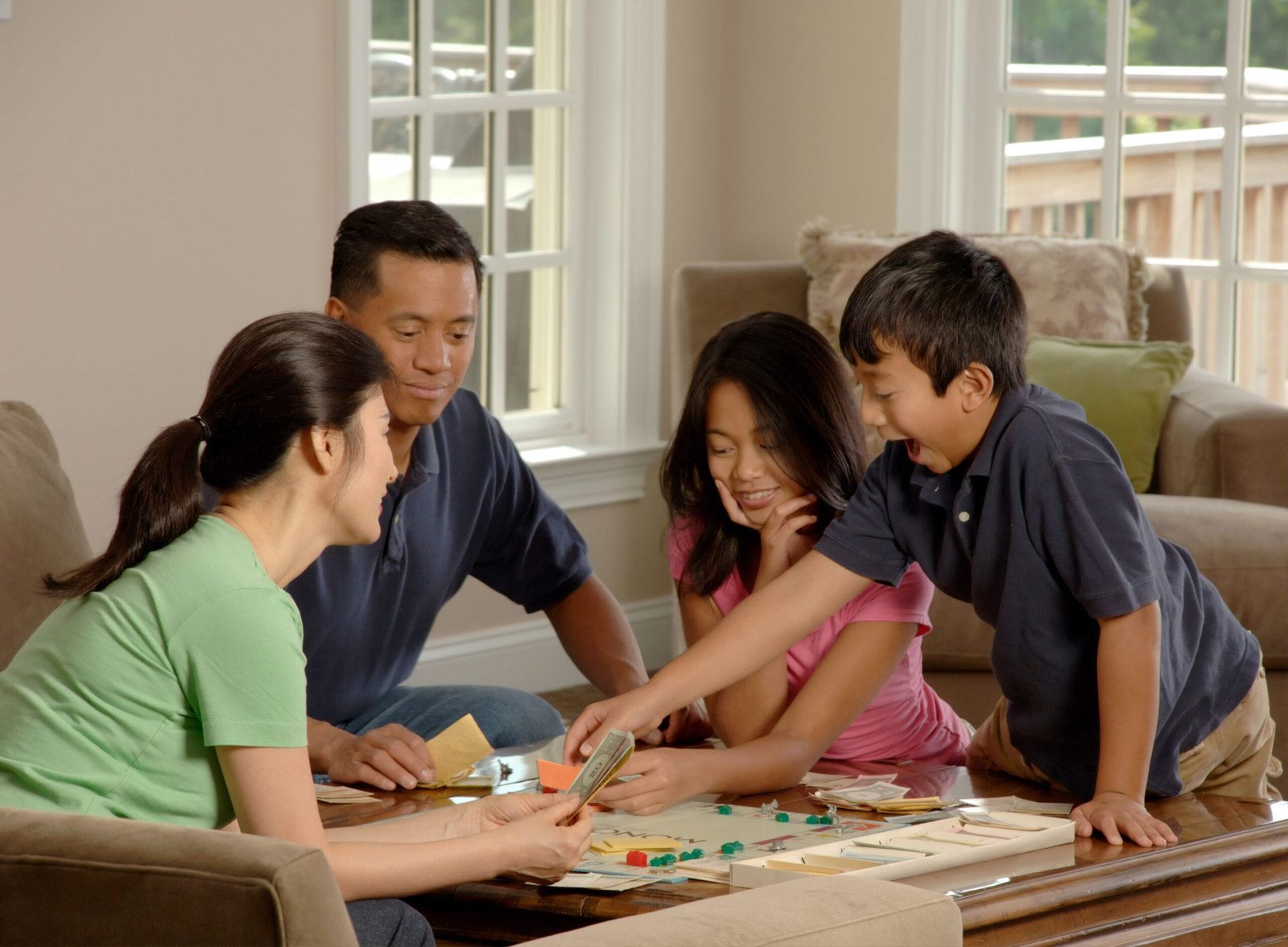Introduction
Parenting is a challenging journey, and one of the most common dilemmas parents face is how to discipline their children effectively. Finding the balance between setting boundaries and nurturing their emotional well-being can be a delicate task. In this blog post, we will explore some effective strategies for positive parenting that can help parents navigate discipline dilemmas with confidence.
1. Set Clear Expectations
Children need to understand what is expected of them. Setting clear expectations helps them know the boundaries and guidelines they should follow. Clearly communicate your expectations, rules, and consequences in a calm and consistent manner. This clarity will help your child understand what behaviors are acceptable and what are not.
2. Use Positive Reinforcement
Positive reinforcement is a powerful tool in shaping children’s behavior. When your child exhibits positive behavior, acknowledge and praise them for it. This can be as simple as saying, “Well done!” or giving them a high-five. By focusing on the positive, you are encouraging your child to repeat those behaviors.
3. Practice Active Listening
Active listening involves giving your child your full attention when they are expressing themselves. It shows them that their thoughts and feelings are valued. When your child feels heard, they are more likely to cooperate and respond positively to discipline. Encourage open communication and create a safe space for them to express their emotions.
4. Use Natural Consequences
Natural consequences allow children to learn from their actions. Instead of imposing arbitrary punishments, let your child experience the natural consequences of their behavior. For example, if they forget their homework, allow them to face the consequences at school. This approach helps them develop responsibility and problem-solving skills.
5. Time-In Instead of Time-Out
Instead of using time-outs as a form of punishment, consider using time-ins as a way to connect with your child. When your child is struggling with their behavior, invite them to sit with you and discuss what happened. Use this time to teach them about empathy, problem-solving, and alternative ways to handle difficult situations.
6. Be a Role Model
Children learn by observing their parents’ behavior. Be mindful of your own actions and reactions, as your child is likely to imitate them. Model the behavior you want to see in your child, such as patience, respect, and kindness. When you make a mistake, apologize and show them that everyone can learn and grow.
7. Use Logical Consequences
Logical consequences are directly related to the misbehavior and help children understand the impact of their actions. For example, if your child refuses to eat their dinner, the logical consequence could be that they will be hungry until the next meal. This approach teaches them cause and effect and empowers them to make better choices.
8. Practice Consistency
Consistency is key when it comes to discipline. Children thrive on routine and knowing what to expect. Be consistent in your expectations, rules, and consequences. This consistency creates a sense of stability and helps children understand the boundaries you have set.
9. Foster Emotional Intelligence
Emotional intelligence is the ability to understand and manage emotions. Help your child develop emotional intelligence by teaching them to identify and express their feelings in a healthy way. When they can effectively communicate their emotions, they are less likely to act out in negative ways.
10. Seek Support
Parenting can be overwhelming at times, and it’s okay to ask for help. Seek support from other parents, join parenting groups, or consult with professionals if needed. Remember, no one has all the answers, and reaching out for support can provide valuable insights and reassurance.
Conclusion
Discipline dilemmas are a common part of parenting, but by employing effective strategies for positive parenting, parents can navigate these challenges with confidence. Setting clear expectations, using positive reinforcement, practicing active listening, and using logical consequences are just a few of the many strategies that can help create a nurturing and disciplined environment for children to thrive in. Remember, parenting is a journey, and it’s important to be patient and adaptable as you find what works best for your family.











